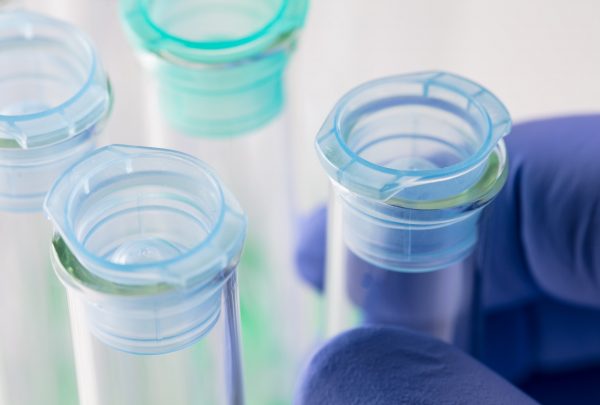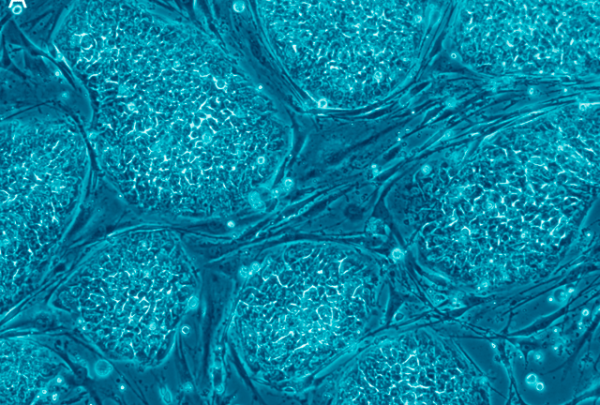What is the IEI?
The Inborn Errors of Immunity Committee (IEI) Committee consists of experts in all aspects of primary immunodeficiencies. Members contribute to the biennial IEI classification reports, are able to give advice on and support to national diagnostic and treatment guidelines for patients with IEIs, and are able to prepare position statements and discussion documents as appropriate. They are also responsible for advice to the World Health Organisation in relation to the Essential Medicines Lists and to Orphanet and WHO for the new version of the International Classification of Diseases (ICD) version 11, as pertaining to IEIs.
History
The IUIS Inborn Errors of Immunity Committee (IEI) is tasked with maintaining a list of immunologic disorders. Since the 1970s, a curated list has been maintained to ensure a vetted nomenclature and a consistent approach. Previously called the Primary Immunodeficiencies Committee (PID), this committee voted to rename itself at the last meeting in February 2017.
The Inborn Errors of Immunity Committee was originally set up under the auspices of the World Health Organisation in 1973, to describe and classify the types of primary immune defects affecting humans.
The classification of those diseases recognised at the time was published in a report (Cooper MD et al NEJM 288 966-967) and revised every two years subsequently.
However in the 1990s the WHO made a policy decision to concentrate on more common diseases, so the IUIS agreed to take on the remit of this committee; this was formalised at the 54th IUIS Council meeting in Tapei in 2008.
Mission Statement
- To provide an up-to-date classification of all primary immunodeficiency diseases (IEIs)
- To assist with the identification, diagnosis and management of patients with these uncommon conditions
- To support diagnostic and therapeutic guidelines developed by national societies and others, to assist healthcare providers
- To promote awareness, diagnosis and treatment of IEIs in all regions of the world
- To produce ad hoc reports on any aspect of IEIs, to assist in the welfare of patients with these conditions
Classification Tables
Since there are now over 180 primary immune deficiencies, with about 20 new ones per year, the report provides important definitions for clinical management and standardised research, as well as for patients. Readers of the report include clinicians who use this document in their daily practice in many countries and scientists investigating the immunologically mechanisms that prevent infectious diseases in humans.
Many national and international healthcare providers use the document for the basis of funding therapies and professional medical bodies have based their diagnostic guidelines on this classification.
Historically, the Classification List has been published as a journal article and the current edition is now published in the Journal of Clinical Immunology in two formats: a clinically oriented phenotype categorization and the complete list as a formal document demonstrating trends over time. In acknowledgement of digital sources offered by IUIS and of the need for a more nimble approach, this list is now available for direct download on the IUIS website. It can be used to design sequencing panels, ICD code lists and diagnostic algorithms. The download list also allows sorting by gene name and inheritance when opened using a database application such as Excel.
Download the Classification table: Updated IEI classification table (October, 2024)
You can also read the ” Human inborn errors of immunity: 2024 Update on the classification from the International Union of Immunological Societies Expert Committee ” here.
Current activities
- To review national and international guidelines for the diagnosis and or management of immune deficiencies by expert groups on request. Liaison – Luigi Notarangelo
- To assist with the revision of diagnostic criteria for primary immunodeficiencies with the IUIS Clinical Immunology committee and the European Society for Immune Deficiencies. Liaison – Mary Ellen Conley
- To produce a simplified version of the IEI Classification Tables for the general public. Liaison – Aziz Bousfiha
- To assist Orphanet and the World Health Organisation in the revision of the International Classification of Diseases (ICD) codes for the primary immune deficiencies, version 11, due to be published in 2015. Liaison – Mimi Tang
- To ensure the continued inclusion of therapeutic immunoglobulin in the World Health Organisation Essential Medicines Lists. Liaison – Jose Franco
- To encourage, with the International Patient Organisation for Primary Immunodeficiencies, the implementation of the recommendations from the IUIS IEI position paper on the Safety and Availability of Immunoglobulin (1999) including: the avoidance of blood donation by individuals who have received blood or blood products in the past; recording of all batch numbers for tracing in the event of any pathogen transmission; to attempt (with the patient organisations) to obtain ante-mortem permission for post-mortem examination in all patients with primary immune deficiencies in countries in which post-mortem examinations are permitted; to consider advice on the routine immunisations needed for patients with primary immune deficiencies. Liaison – Jose Franco
Previous activities
- Report on classification of IEIs published biennially since 1973. Latest version (2009) is available online
- Availability of immunoglobulin – Successful application to WHO Essential Medicines List 2007 and WHO Essential Medicines List for Children 2008
- Safety of immunoglobulin therapies – Position paper published in Clinical and Experimental Immunology in 1999
Sponsors
We are grateful to the following for their support, without which the committee would not be able to meet these responsibilities:
- Baxter Healthcare
- Octapharma
- Grifols
- Talecris and CSL-Behring
Resources
List of reports:
- 2024 Annual Report – Fig 1. Overview of IEIs June 2024
- 2022 Annual Report
- 2020 Annual Report
- 2019 Annual Report
- 2018 Annual Report
- 2017 Annual Report
- 2016 Annual Report
- Report Supplement
- Report 2012
- Report 2010/2011
IEI Newsletter Contribution, September 2022
It is jarring to reflect on the fact that the world has been experiencing the…
IEI Newsletter Contribution, March 2020
Happy 2020 to all. We are facing huge challenges and changes throughout the world –…
IEI Newsletter Contribution, July 2019
It has been a very busy first half of the year for the IUIS IEI…
Back to Committees












